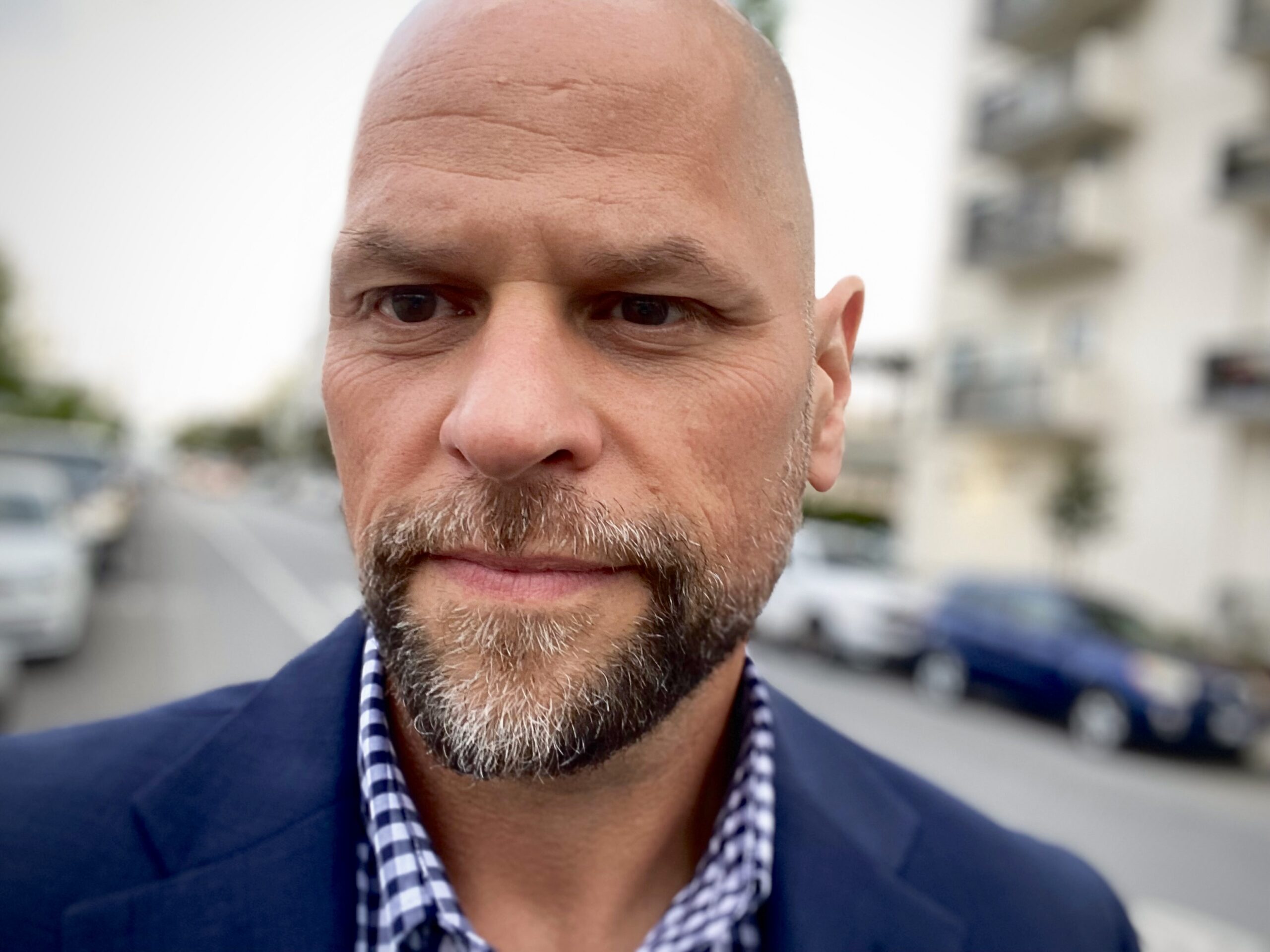
Intelligent Demand just launched and is activating our first Diversity, Equity and Inclusion (DEI) policy.
Of course, we have addressed things like discrimination, harassment, racism, ageism, sexism in our employee policies and employee handbook for years. But we have never had a focused, stand-alone DEI policy until now.
Does it matter? Or more precisely… HOW can we make sure that it matters? I have been asking myself that question a lot.
What can I do as a leader to make sure this isn’t just an empty act?
I think the full answer to that question is “Focused, authentic work that taps the talents and input of others + lots of testing, learning and adjustments + sustained over time.”
But here are three specific things I’m doing to get started:
#1 Recognizing that we’re late to the job and committing to addressing this head on.
I’m embarrassed that it took the disastrous series of racial, medical, economic and political events that have defined 2020 to truly start to see the immense amount of pervasive and systemic injustice that is all around us. It made me realize that I can and must become actively involved in making real change happen. Seeing the need, seeing the opportunity, and then DOING SOMETHING PRODUCTIVE about it is the responsibility of leadership. And I take that responsibility very seriously, and very personally. It’s deeply humbling.
But I also think it is “Systemic Injustice Exhibit A” that a well-intentioned, person of good conscience (who is also white and male) can conveniently not see so much for so long… until something happens that finally breaks you out of your frame of reference, and makes you see how the world might be for others not like you. I’m incredibly grateful that it’s happening.
#2 Knowing that publishing a policy alone doesn’t change anything.
I’ve been a leader, a consultant, and a change agent in the business world for many years. I learned a long time ago that a policy, a powerpoint deck, a training, or a meeting almost never drives any kind of real change. In fact, sometimes it can have unintended consequences. The research says this is also true when it comes to DEI policy:
“Diversity statements alone will not expand diversity but are just one part of a larger strategic plan.”
Promises and Pitfalls of Diversity Statements
“Organizations that put diversity initiatives into place do so with good intentions. They recognize that discrimination is a problem and that embracing diversity has substantial social and economic value. Simply advertising oneself as an equal-opportunity or diversity-friendly employer, however, does not solve the underlying problem of discrimination. Pro-diversity statements may give you a more diverse applicant pool, but it takes more to make workplaces truly fair and inclusive.”
The Unintended Consequences of Diversity Statements
#3 Setting clear goals and expectations that set the table for transformation.
Yes, policies alone don’t change anything. But I know it is critical — especially when embarking on a transformation journey — for leaders to clearly state the direction, to communicate the vision and the priorities, to set the expectations for behavior, and to provide “The Why” and “The Why Now” context for their team. I think that an organization’s DEI policy can be very useful if it’s understood and treated this way by leaders and teammates.
So here we are. This is just one step, just one piece in Intelligent Demand’s larger DEI road map.
But we’re using it as both a cornerstone to build on and a standard by which to operate. I will continue to share updates in the coming weeks and months — the wins, the challenges, and the things we’re learning. But right now, I’m genuinely hopeful at the chance we have to not only learn, but to act. I’m excited to intentionally be on the journey. It’s humbling, exciting, and meaningful to work at making a positive difference — even if only in the small areas where we have influence.
The other day, I listened to the recording of Dr. Martin Luther King reading his Letter From A Birmingham Jail. That letter is an astounding piece of work, filled with wisdom and warnings. But two quotes keep resonating with me:
“Injustice anywhere is a threat to justice everywhere.”
“I have almost reached the regrettable conclusion that the Negro’s great stumbling block in the stride toward freedom is not the White Citizens Councillor or the Ku Klux Klanner but the white moderate who is more devoted to order than to justice.”
Noted. And agreed. So let’s show up — and keep showing up — to make the places where we live and work more diverse, more fair, and more inclusive.
———
Some context: I’m taking time to share my thoughts and experiences about the journey we’re on to help make Intelligent Demand a more diverse, more fair and more inclusive place. My hope is that by sharing my honest, awkward, imperfect steps, it gives other leaders and teams a real world example, some encouragement, and even a challenge to start or accelerate their own journey. I’m not teaching or preaching here — just sharing.
If you are a CEO or leader who is working on how to make your organization more diverse, more fair, and more inclusive and need someone to run ideas past and continue to learn together — reach out to me. I’d love to help if I can.
Also, I want to confirm a few things:
- Is this DEI policy cause for celebration? No.
- Are we patting ourselves on the back as if we’ve actually made a significant difference yet with this? No.
- Are we virtue signaling or being performative? I hope not.



